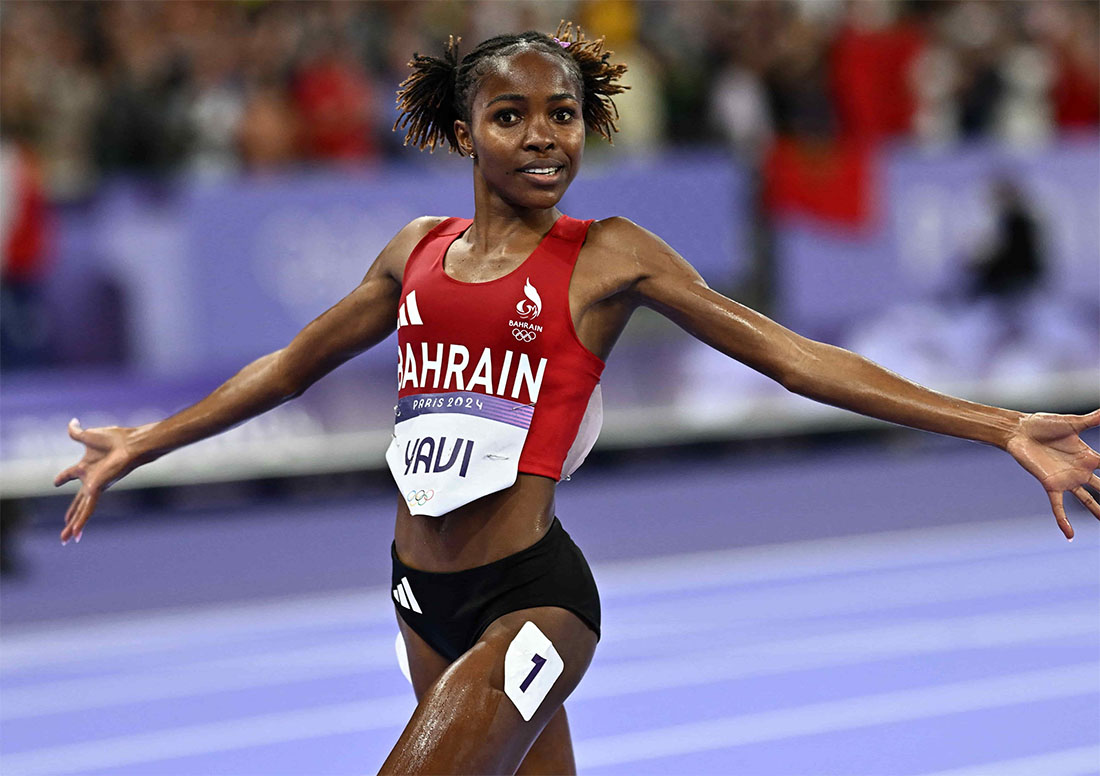
Photo Credit: Getty Images
The 2024 Paris Olympics has reignited debates about the increasing trend of African athletes switching nationalities to represent other countries. This phenomenon is fueled by multiple factors, with inadequate support structures in their home countries being a significant driver.
Many African athletes face challenges such as underfunded sports facilities, lack of structured development pipelines, and, at times, mismanagement by sports authorities. These issues create an environment where athletes struggle to reach their full potential. For instance, Kenyan-born Winfred Yavi, who won the women’s 3,000-meter steeplechase for Bahrain in Paris, cited the stiff competition and lack of opportunities in Kenya as reasons for her switch.
Similarly, Nigerian-born Annette Nneka Echikunwoke, who won silver in the hammer throw for the USA, previously faced difficulties with Nigeria’s athletic federation, which hindered her participation in the Tokyo Olympics.
Financial incentives also play a crucial role in this trend. Countries like Kazakhstan and Bahrain offer substantial bonuses and better financial support compared to African nations. For example, Kazakhstan awarded $250,000 to gold medalists at the 2024 Olympics, a stark contrast to Kenya’s $8,000. Such financial rewards, combined with better training facilities, make switching nationalities an attractive option.
Moreover, Africa’s youthful population contributes to the surplus of untapped sporting talent, making it easier for wealthier nations to scout and invest in these athletes. The allure of better opportunities abroad is likely to keep this trend on the rise, unless African countries significantly improve their sports infrastructure and governance.
While some African countries, like Botswana and South Africa, have shown promise in developing their sports sectors, the broader trend of athletes seeking opportunities elsewhere highlights a pressing need for systemic change across the continent .

















